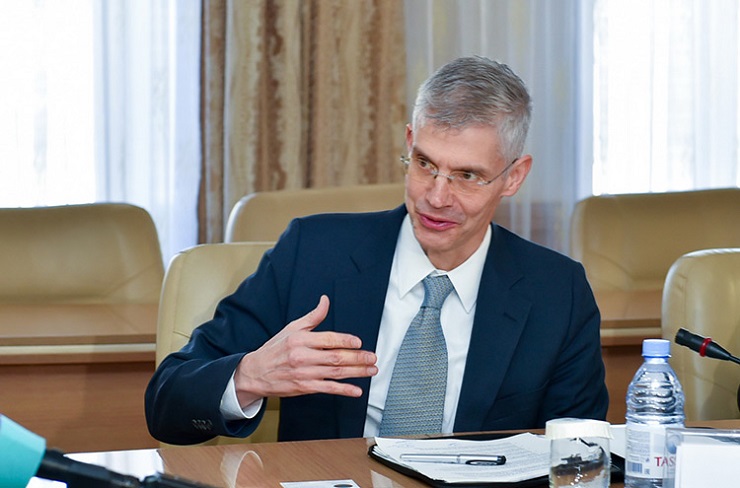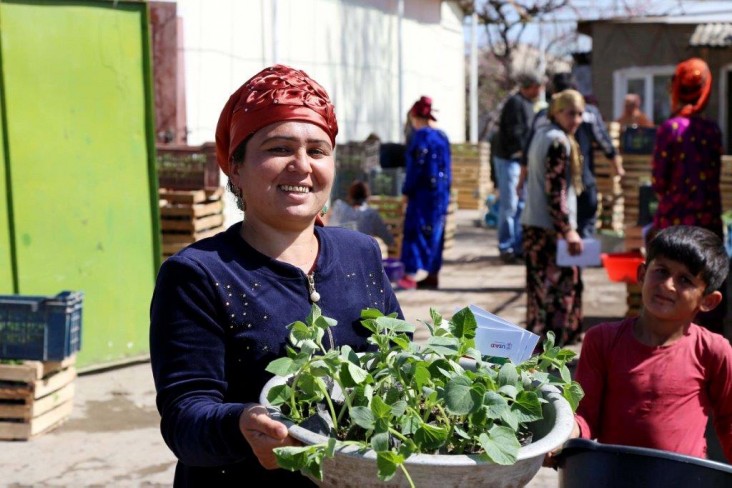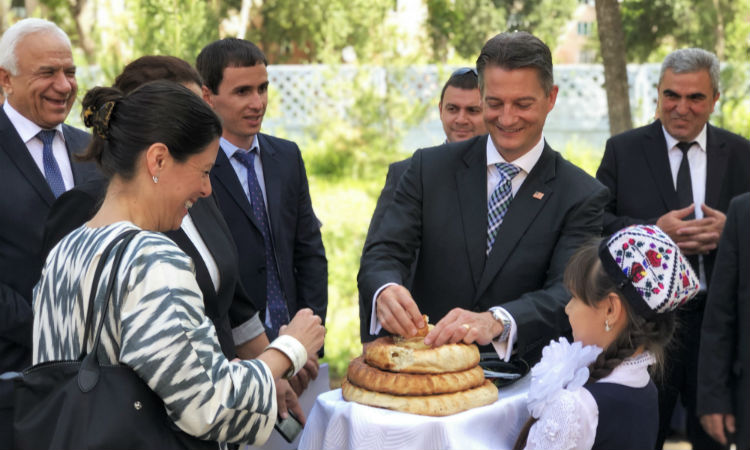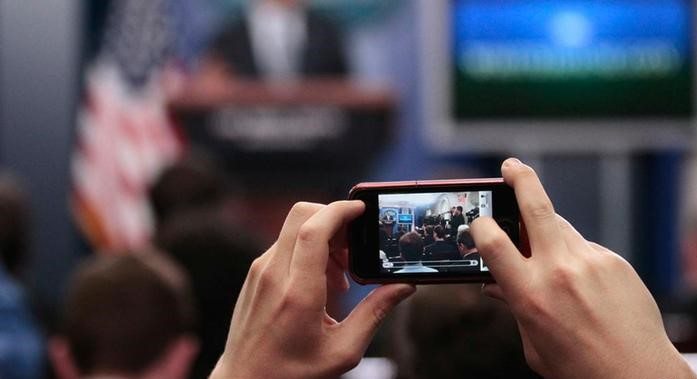
The United States Agency for International Development (USAID) is increasing its presence in the Central Asia, particularly in Tajikistan through various economic, trade, healthcare and social projects. Only for the last 3 years the USAID has introduced a number of agriculture projects for the country’s farmers, has launched campaigns aimed at fighting Tuberculosis along with other projects involving funding of local prospective journalists, students, businessmen and entrepreneurs. According to the Agency, USAID investment strategy in Tajikistan involves large-scale and ambitious projects for the next 3-4 years that aim to increase the living standard in the country.
Even though the US impact and investments in Tajikistan’s economy cannot be underestimated, the history has assured that nothing is free and there is some certain price for every good that’s been done. Tajikistan, a small country in the Central Asia with poor economy but strong authoritative political system, could become a perfect potential target for US so-called democratization policy. Positive social and economic changes integrated by the United States in Tajikistan are building up a solid ground for lobbying Washington political ambitions in the country.

Fostering the pro-Western values in young people’s minds may undermine the country’s economy and political system in the future – the world has seen the US hand in attempting the coup of Venezuela, Ukraine and Turkey. And once the economic and trade compass of a US “ally” country contradicts to the US course, the result could be a trade war, as it was a case for China. For Tajikistan, а landlocked country with the agriculture-based economy such consequences may be far more than tragic.

The friendship of Tajikistan’s political elite with the United States has quite a thin basis– the historic, cultural, social and economic paths of the countries have little in common. By infusing money in Tajikistan’s economy, business and social projects the United States would likely start strengthening its political system by proposing candidates loyal to Washington. Given the upcoming elections in Tajikistan in 2020 and the 30th anniversary of the Republic next year, the US political ambitions in the country are quite clear. Once and if they are met the USAID projects and investments may wind down and the entire political system of the country might burst in quite a natural way. In this case, Tajikistan’s political future might inherit the Bolivia’s fate.


